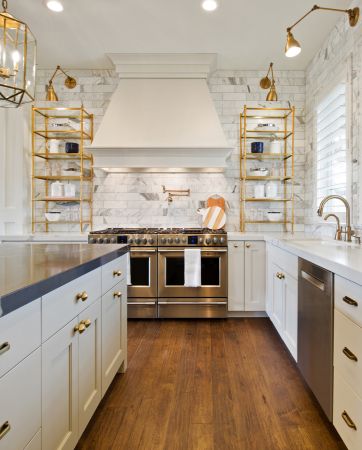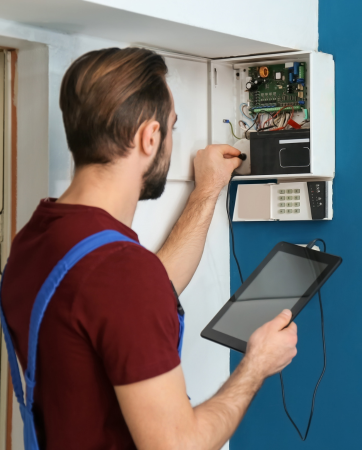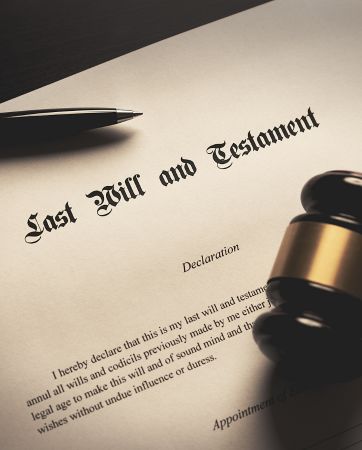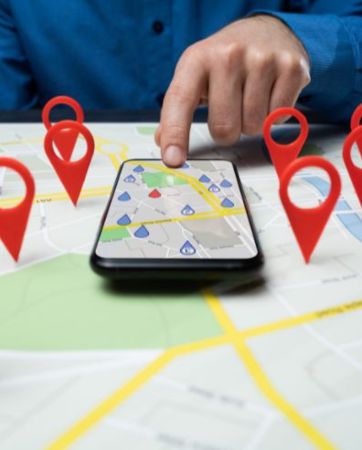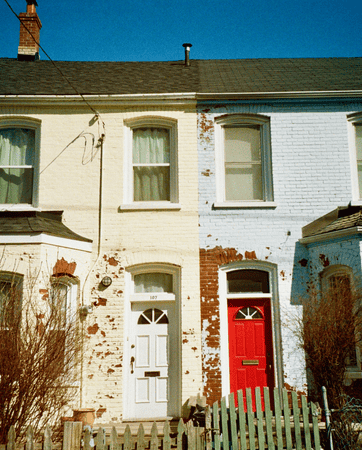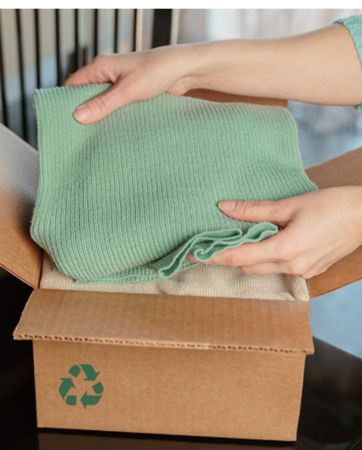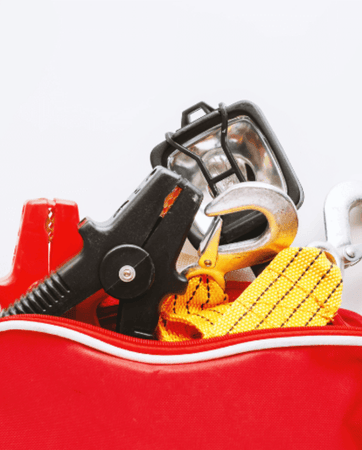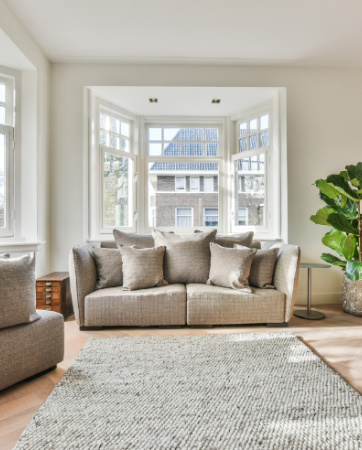The Sustainable Home: An Expert's Guide to Solar Panels
Still reeling from your latest electricity bill? You’re not alone if so; our electricity bills have rocketed in recent years and Irish consumers are now paying an estimated €800 more in annual energy bills compared to our European counterparts.
Now that winter is here, we’re all taking steps to combat these price hikes, from turning down thermostats to installing smart home technology. But if you’re searching for longer-term solutions, you might be looking at solar panels.
To get the low-down on how solar panels work — and how much they benefit our budgets — we spoke to John McMahon of Energlaze, a home energy upgrade company that provides energy-efficient products and services, including solar panels, insulation, and heat pumps. Check out what he has to say in our video below.
What are solar panels?
“Put simply, solar panels — or photovoltaic (PV) panels — are panels mounted on a roof or on a ground mount that convert sunlight into electricity,” John explains. “They’re a crucial part of solar power systems, which generate clean and renewable energy from the sun's rays.”
Solar panels produce electricity that can power electric heat pumps, air conditioners and water heating systems. It can also provide all or some of the energy required by the lights, appliances, electronics, and other electrical devices in our homes. It could even keep your Christmas tree lights on all season long.
What are the benefits of solar panels in the home?
“Installing solar panels in a home can offer numerous benefits, both financial and environmental,” John says. The most obvious, of course, is saving money, but there are other factors to consider too:
- Lower bills: “By generating your own electricity from the sun, you can significantly reduce your reliance on electricity from the grid, cutting down on your monthly energy bills,” John says. “But that’s not all: if you create excess energy, this can be credited or even sold back to the grid, earning you money to help meet other household bills.”
- Energy independence: Solar panels also provide some energy independence which is increasingly important in this unpredictable geopolitical environment. “With solar panels, you’re less susceptible to fluctuations in energy prices, reducing the impact of surprise price hikes,” John points out.
- Environmental benefits: Solar panels produce clean, renewable energy, reducing greenhouse gas emissions and air pollution. “This helps combat climate change and contributes to a more sustainable environment,” John says, noting that it’s one of the biggest steps homeowners can take towards a more sustainable lifestyle.
- Increased home value: “People mightn’t realise that solar panels can increase the resale value of a home,” John says. “Many homebuyers are willing to pay a premium for homes with solar panel systems already in place.” Solar panels also require minimal maintenance, which will come as a relief to busy homeowners: “Occasional cleaning and basic inspections are usually enough to keep them going.”
Are solar panels expensive to install?

While solar panels do require a significant investment, there are incentives available to help ease the effect on your pocket. “ The Sustainable Energy Authority of Ireland has a grant up to €2,100 available for the installation of solar panels,” John explains. “You can apply easily online and it’s available instantly as long as your home meets some basic criteria.” The grant is expected to be reduced in the coming years, so if this is something you are considering, you may want to take advantage of this sooner rather than later.
The good news is that you won’t have to worry about upgrading or replacing the equipment for a long time: “Solar panels are designed to last for several decades, with our panels offering warranties that extend up to 25 years,” John reassures us. “Over time, the efficiency of solar panels may decrease slightly, but they can still generate electricity well beyond their warranty periods.”
Wondering how much it may cost to install solar panels in your own home? John says that this depends on various factors such as the size of your home, where it’s located, how much energy you use and so on. It’s difficult to say exactly without consulting the experts, but the following example is a rough guide:
“We know that the average Irish home uses 11kWh per day (just over 4,000kWh per year). Therefore, a solar panel system covering 70% of that usage would be a good fit. If we assume the installation is using standard solar panel sizing, consisting of eight panels on the roof of a south-facing home and producing 3,000kWh per year, we would be looking at a cost of €5,000+ (less the SEAI grant).”
Do they work out cheaper in the long run?
In the long term, solar panels could save households so much money that they are seen to have paid for themselves, something people in the industry call a “payback period”. In Ireland, this can vary quite a bit as it’s based on different factors including the initial cost of the system, your energy consumption, the size and efficiency of the solar
panels and local incentives.
“Roughly speaking, the payback period for a residential solar PV system in Ireland is typically between six and 10 years,” John says. “But these estimates can change over time as the technology and conditions evolve.”
Are they really environmentally friendly?
“Solar panels are considered a clean and sustainable energy source,” John says. “They produce no greenhouse gas emissions during electricity generation, reducing the carbon footprint of energy production.”

It also lessens our reliance on fossil fuels, which is particularly important for our island economy. Here in Ireland we import over 70% of the energy we use (well over the EU average, which is 58%), according to Raidió Teilifís Éireann (RTÉ). However, recent years have shown us how precarious this dependency can be, so it’s important that we look at creating sufficient supply at
home.
Currently, renewable energy only accounts for a small percentage — 13% — of Ireland’s energy use, but this is something that could easily be increased via an increased focus on solar and wind energy. While we’re certainly not Europe’s
sunniest country, we could still produce plenty of solar power if we wanted to, boosted by an abundance of wind along our coastline.
Source: RTÉ News
A more sustainable approach
Here at An Post Insurance, we’re always on the lookout for ways to reduce our carbon footprint. We have
recently updated our water filtration and energy monitoring, including installation of sensor lights, in an effort to implement robust energy-saving measures at our head office in Athlone.
We’ve already switched to LED lighting, separated our waste, and introduced reusable cups. We’re also considering powering down computers outside of office hours.
Our flexible working policy has slashed the kilometres travelled by employees while moving some meetings online saves even more kilometres, and we also participate in the Cycle to Work Scheme which aims to put less cars on the road every day.
This all shows that there are multiple ways we can take charge of our personal and professional carbon footprint, from bringing a reusable water bottle to work all the way to installing solar panels in our homes. These steps help to protect our planet while also benefiting our pocket — something we can all appreciate now more than ever.
All stats are correct at time of publishing.
All the information on this blog is published in good faith and for general information purpose only. While An Post Insurance makes every effort to ensure that the information appearing on this blog is accurate and complete, it does not make any warranties about the completeness, reliability, or accuracy of this information, whether express or implied, including but not limited to implied warranties of merchantability, fitness for a particular purpose or non-infringement. Any action you take upon the information you find on this blog is strictly at your own risk. An Post Insurance will not be liable for any direct, indirect, or consequential losses and/or damages in connection with the use of, or action taken in reliance on information contained in our blog.
Through this website you are able to link to other websites which are not under the control of An Post Insurance. We have no control over the nature, content, and availability of those sites and if you click on links to these websites, you will be subject to the terms and conditions of those sites. The inclusion of any links does not necessarily imply a recommendation or endorse the views expressed within them.




